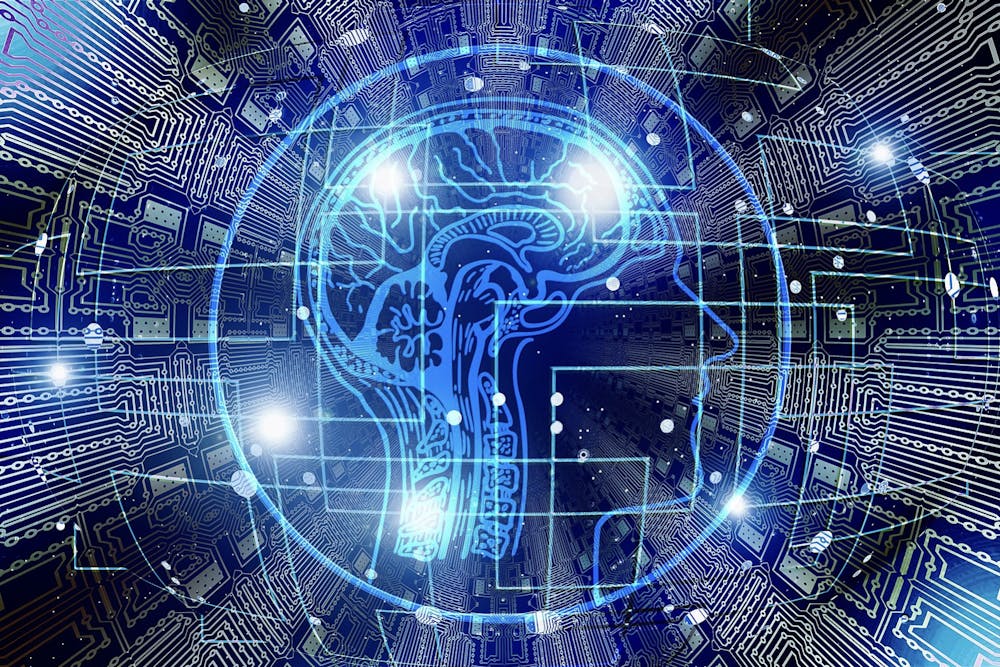By Shaim Akhtar
Staff Writer
The European Union recently announced new legislation for artificial intelligence programs, marking one of the first instances of the organization regulating the technology.
The regulations aim to enhance transparency in data collection and human oversight in high-risk systems surrounding infrastructure or medical devices, with the intention of lowering risks of failure, according to Forbes.
Moreover, the EU contends that policies, such as banning emotion recognition and biometric identification for private use, would ensure the safety and fundamental rights of people and businesses concerning artificial intelligence. The EU also believes that the AI policy would aid in strengthening uptake, investment and innovation in the technology across Europe.
On the implementation and enforcement of the policy, the EU’s AI Office will oversee policy in member states in order to encourage collaboration, innovation and research in the technology among various stakeholders.
The EU’s website states, “As AI is a rapidly evolving technology, the proposal takes a future-proof approach, enabling rules to adapt to technological changes. AI applications must maintain trustworthiness even after entering the market, necessitating ongoing quality and risk management by providers.”
The legislation is yet to undergo formal adoption and translation within member states; the EU claims the policies will become applicable two years later. However, regulations for general-purpose AI models will apply after 12 months, while the regulations for AI systems integrated into regulated products will take effect after 36 months.
The regulations on artificial intelligence from the EU policy have prompted numerous political leaders and corporate organizations to voice their reaction to the legislation.
“At the request of policymakers in the E.U., in September 2022 we provided an overview of our approach to deploying systems like GPT-3 safely, and commented on the then-draft of the [AI Act] based on that experience. Since then, the [AI Act] has evolved substantially and we’ve spoken publicly about the technology’s advancing capabilities and adoption,” said a spokesperson from OpenAI to TIME. “We continue to engage with policymakers and support the E.U.’s goal of ensuring AI tools are built, deployed and used safely now and in the future.”
Furthermore, EU General Secretary Marija Pejčinović Burić commented, “This first-of-a-kind treaty will ensure that the rise of Artificial Intelligence upholds Council of Europe legal standards in human rights, democracy and the rule of law. Its finalization by our Committee on Artificial Intelligence is an extraordinary achievement and should be celebrated as such.”
While there is still a long path before the EU’s regulations on artificial intelligence go into effect, there is no doubt that the impact of the legislation will have a significant ripple on the relationship between artificial intelligence and government control.







